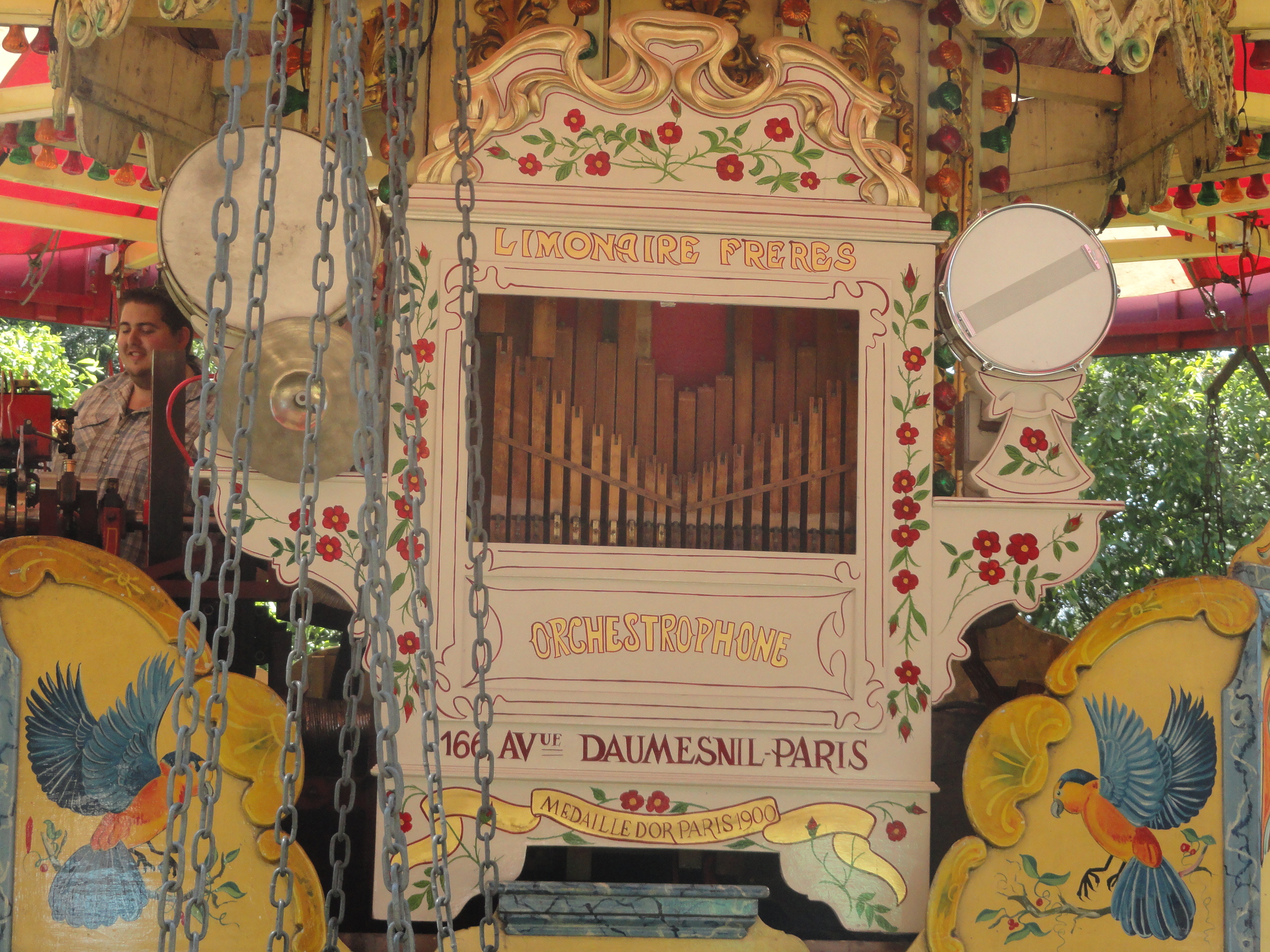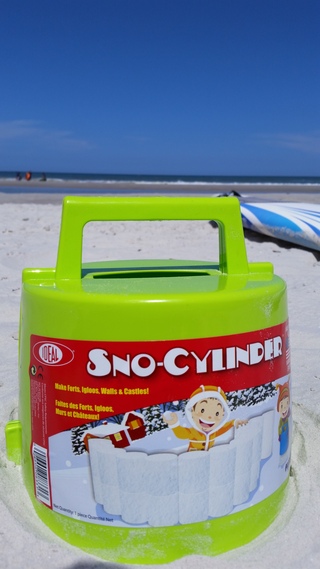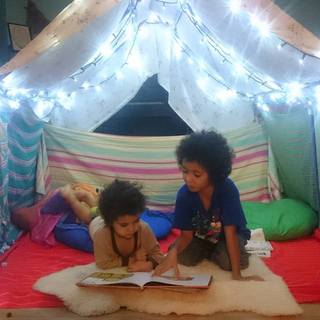
Deb Lewis, on the idea of Unguided Discovery, wrote:
"My son has experienced a lot of wonderful learning through discovery and knows how to find instruction if that's what he wants. I have a wild idea that doing what he wants to do is more important than doing what science educators would like him to do. I don't think all innovators and leaders have to come fromthe molded and stamped process that produced a previous innovator. I think new understanding often comes from fresh and fearless approaches to discovery. So, while some people are working to prove Piaget wrong, I think he had a good idea when he said, 'If you want to be creative, stay in part a child, with the creativity and invention that characterizes children before they are deformed by adult society.'"
photo by Sandra Dodd, of a steam calliope



















